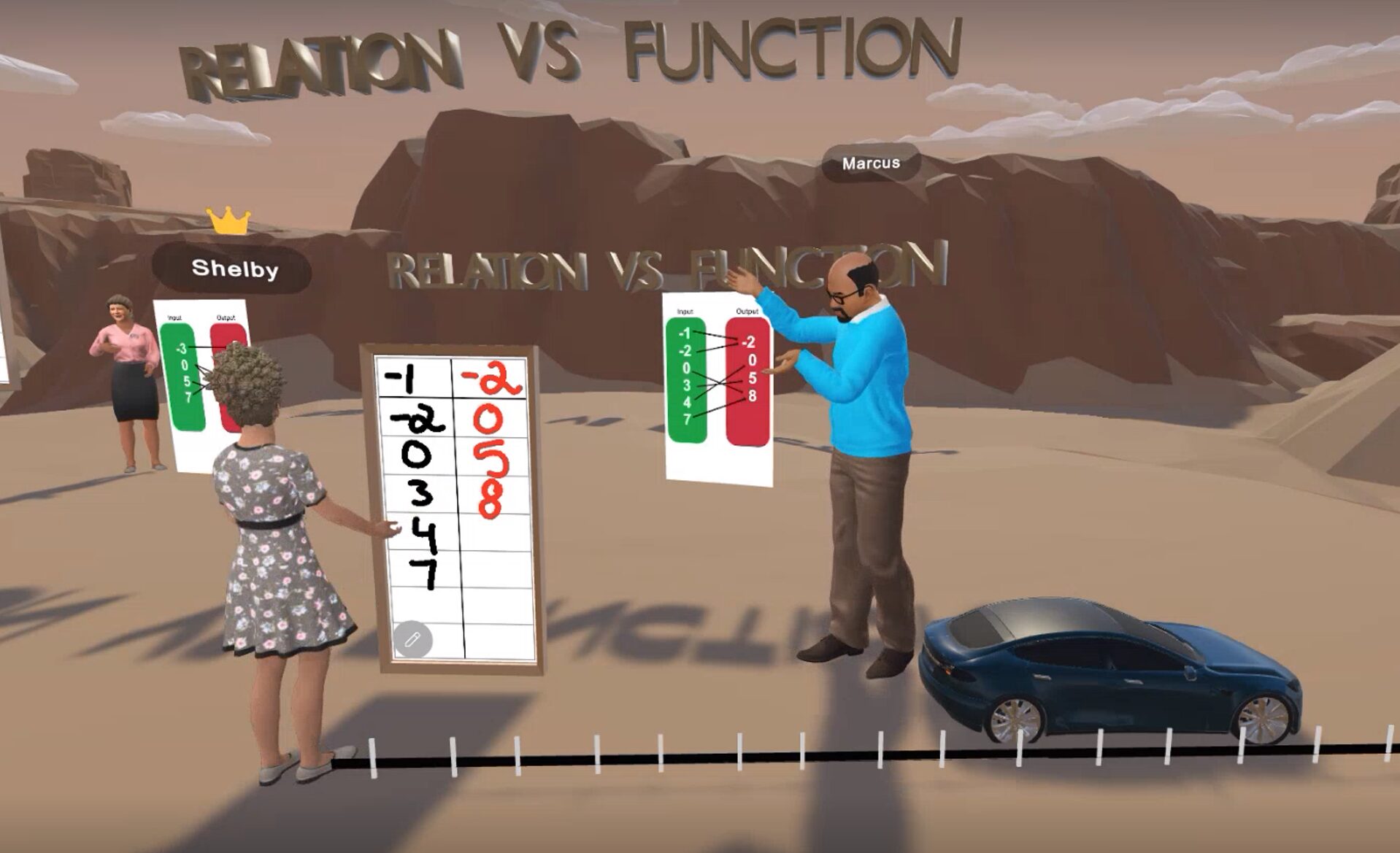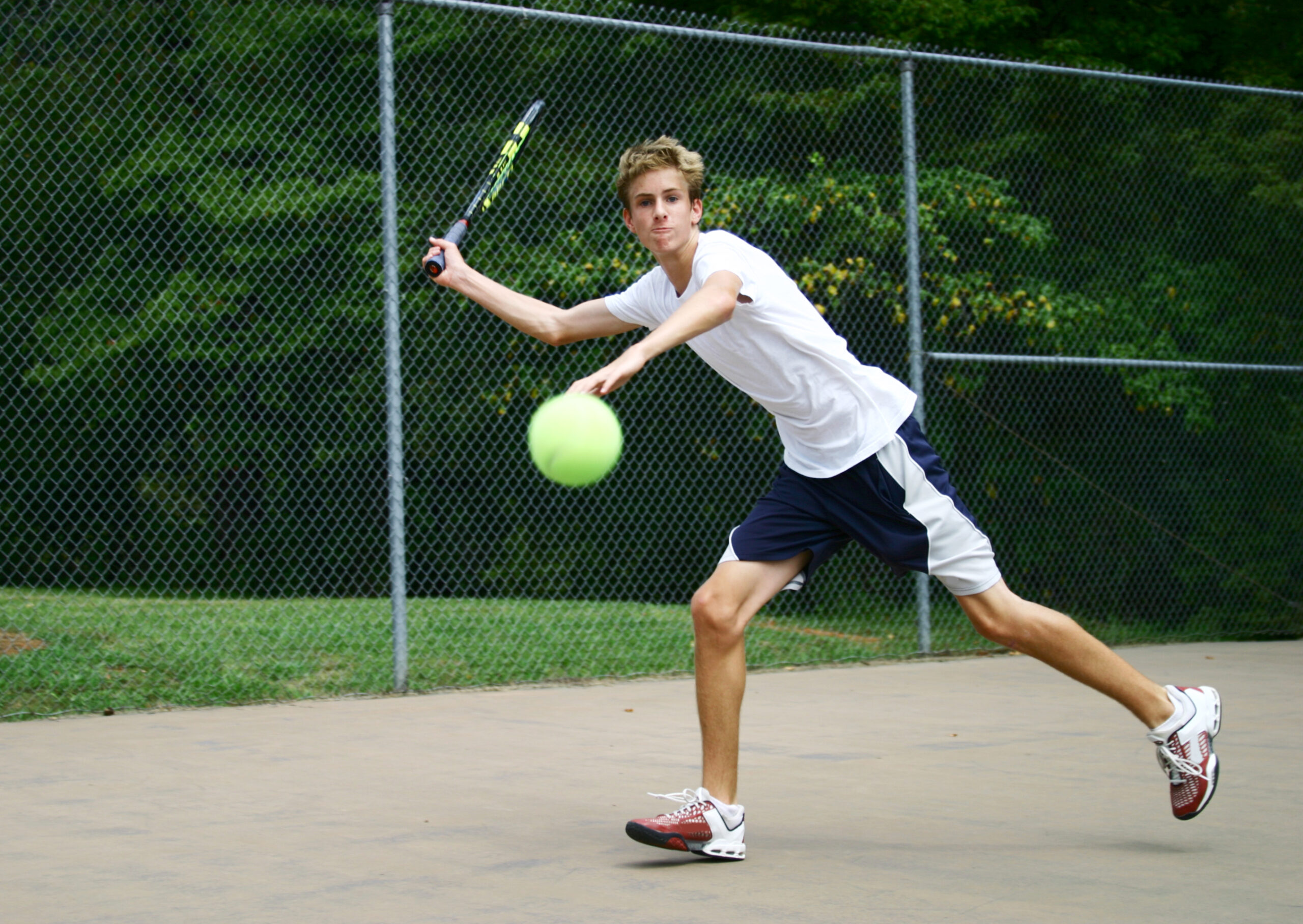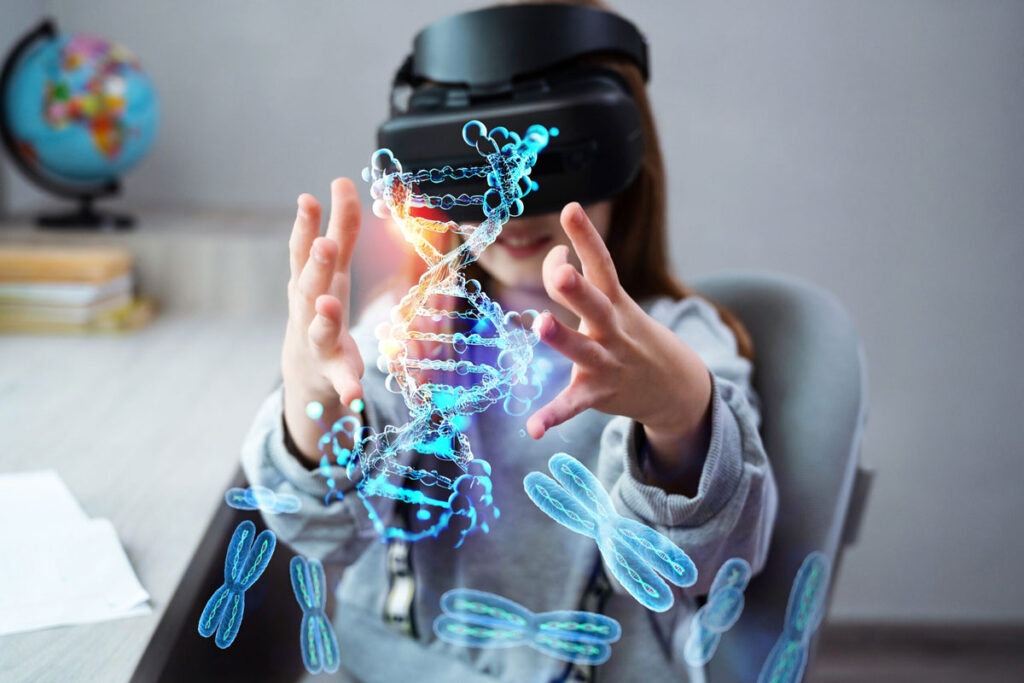Elevating STEM Education with
VR Field Trips
Most parents want to provide their homeschooling children with the best possible learning experiences, especially when it comes to STEM subjects. Hands-on activities, experiments, and field trips are invaluable tools for boosting understanding, retention, and enjoyment of math and science. However, organizing these experiences can be time-consuming and costly.
Enter VR Field Trips. These innovative experiences offer a convenient and affordable solution for homeschoolers. From the comfort of your own home, your students can embark on virtual adventures around the world, engaging with academic concepts in a fun and interactive way.
Optima Academy Online offers a unique and immersive way for students to explore STEM concepts through VR Field Trips. Designed for students in grades 3-12, these single-user experiences are aligned with educational standards and cover a wide range of subjects.
How OAO’s VR Field Trips Work:
With a subscription, you’ll gain unlimited access to our rotating library of VR field trips, with new experiences added monthly. Each field trip provides a captivating and interactive way for your student to learn and practice key concepts. One- and 12-Month Field Trip Subscriptions are available. Subscriptions may be purchased with or without a VR headset, allowing families to utilize a previously purchased device if applicable.
Benefits of VR Field Trips:
- Hands-On Learning: VR Field Trips offer a fun and engaging way for students to apply their knowledge and practice standards-aligned concepts in a real-world context.

- Enhanced Retention: Immersive experiences can significantly improve students’ retention of academic material. By making learning interactive and exciting, VR Field Trips help solidify math and science concepts.
- Gamified Learning: The game-like elements of VR Field Trips can increase student engagement and motivation, making learning fun and memorable!
Reviewing Some of OAO’s STEM-Oriented Field Trips:
1. Battleship
Battleship is an immersive play on the traditional board game, Battleship. During this experience, students become naval intelligence officers and must sink the enemy fleet before they sink theirs.
Students will begin by receiving a briefing on naval intelligence. Here, they will review the coordinate plane and how to plot coordinates in all four quadrants. Students will practice not only plotting points but also shifting them and reflecting them across the X- or Y-axes.
Finally, students are ready to head to the ship’s viewing room where they will be met with a large coordinate plan. Students place a pin where they believe the enemy fleet to be hiding out. Students must work smart, every time they launch a missile the enemy fleet will fire one back.
Be sure to answer the phone when it rings! Students might just receive encrypted intel about where the enemy ships are heading.
2. Everest Expedition
Everest Expedition is a nine-chapter adventure that takes students on a virtual journey to the summit of Mount Everest. As they progress through each chapter, students encounter a variety of challenges and opportunities to learn about weather, geography, and global climate patterns.
Chapter Highlights:
- Health Check: Students learn about the physiological challenges of high-altitude climbing and the importance of cardiovascular health.
- Base Camp – Weather Station Training: Students learn about weather data collection and its significance in scientific research.
- Navigating Khumbu Icefall: Students practice essential VR skills and learn about the dangers of the Khumbu Icefall.
- Repair Weather Station: Students apply the scientific method to collect and analyze weather data.
- Glacier Monitoring: Students learn about the impacts of global climate patterns on glaciers and the importance of monitoring their health.
- Data Collection: Students analyze barometric pressure data and make informed decisions about their climb.
- Oxygen Problems: Students experience the effects of oxygen deprivation and learn about the importance of supplemental oxygen.
- Summit Attempt: Students reach the summit of Mount Everest and reflect on their journey.
- Back to the Lab to Interpret Data: Students present their findings at an international scientific conference and discuss the environmental impacts of climbing Mount Everest.



3. Bringing Systems Online: Artemis III
Bringing Systems Online is the third and final part of the Artemis Go for Launch series. This out-of-this-world series introduces students to Earth’s life sustaining processes and challenges students to recreate them on the moon to create a sustainable moon base. Bringing Systems Online consists of six chapters, each outlined below.
Chapter Highlights:
- Oxygen and Electrolysis: Students must search the moon to find water molecules, Helium-3, and minerals to produce oxygen and hydrogen from water using electrolysis.
- Engineering the Habitat: Students learn the differences between series and parallel circuits and complete a solar panel puzzle using critical thinking skills.
- Bringing Mining Rigs Online: Students learn Earth’s atmosphere protects its electrical infrastructure. They must answer a series of multiple-choice questions correctly to turn on mining rigs before running out of oxygen.
- Nuclear Reactor Assembly: Students are introduced to nuclear fission and fusion. They build a reactor to include a vacuum chamber, turbine, and electrical storage.
- Greenhouse: Students learn the principles and techniques of hydroponic farming and how to grow crops on the moon that result in sustainable harvests.
- Constructing Rocket Parts: Students explore the vast uses of 3D printing technology and use algebra to solve engineering problems related to constructing lunar exploration vehicles and successfully launching them from the moon.
In summary, Optima Academy Online’s VR Field Trips offer a unique and engaging way for students to explore academic concepts. By combining immersive experiences with standards-aligned content, these field trips can help students develop a deeper understanding of the world around them.
Click here to learn more about our VR Field Trips.



